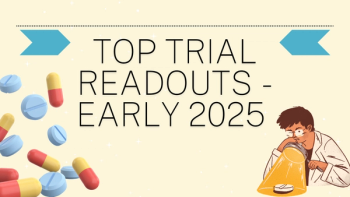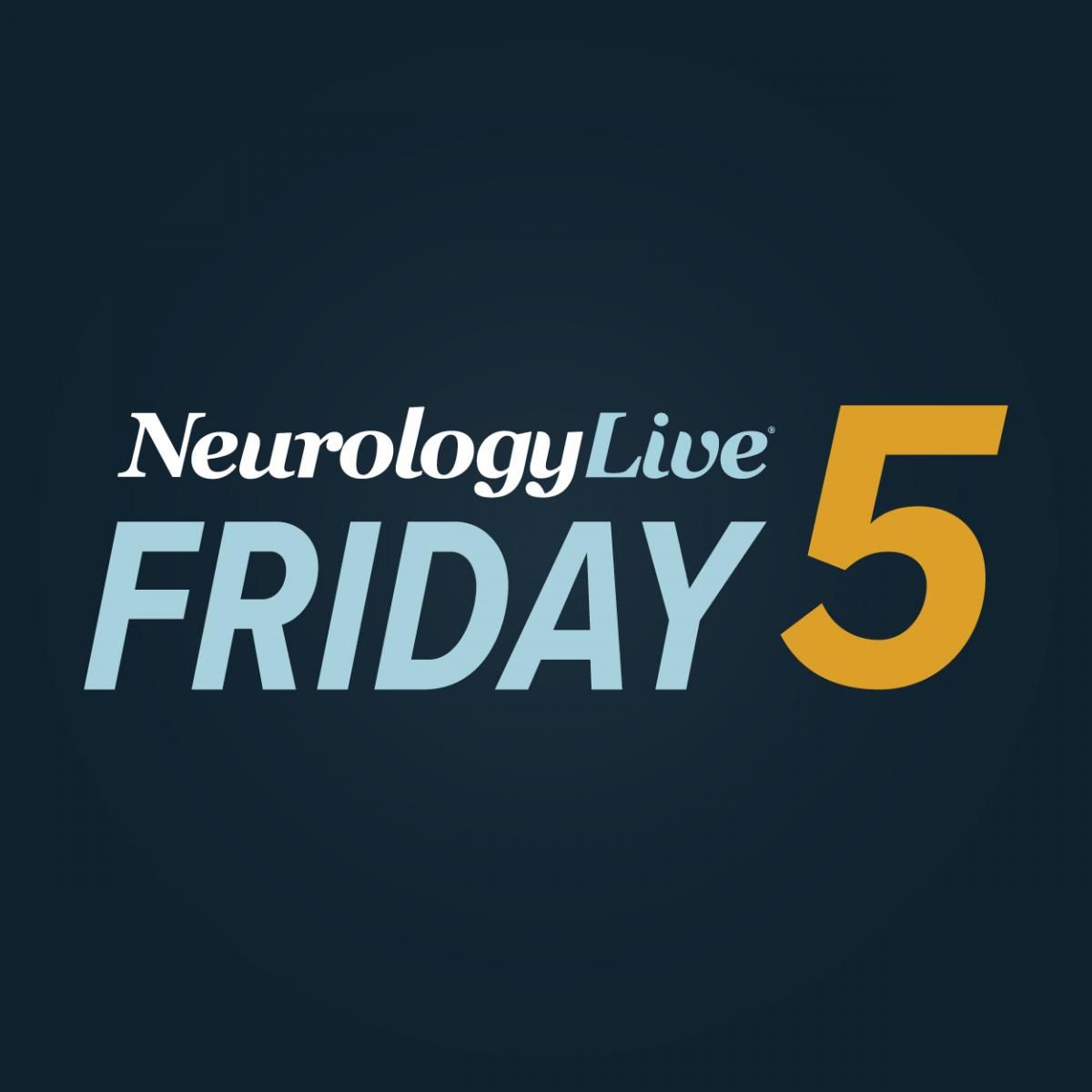
Dementia and Alzheimer Disease
Latest News

Randomized Trial Highlights Uncertainties of Ambroxol to Improve Cognition in Parkinson Disease Dementia
Latest Videos
CME Content
More News

Catch up on any of the neurology news headlines you may have missed over the course of June 2025, compiled all into one place by the NeurologyLive® team.

As the first FDA-approved treatment for Alzheimer agitation, brexpiprazole showcased effective symptom relief with a favorable safety profile.

Overviewing the major clinical trial readouts in neurology from the first half of 2025, with data that could reshape patient care.

Neurology News Network. for the week ending June 28, 2025. [WATCH TIME: 4 minutes]

The FDA expands Vizamyl's use for Alzheimer diagnosis and therapy monitoring, enhancing patient care with precise amyloid quantification.

Omonigho Michael Bubu, MD, PhD, an associate professor of psychiatry, neurology, & population health at NYU Langone, discussed how OSA contributes to Alzheimer disease risk through race- and sex-specific mechanisms and neurodegenerative biomarkers.

The neuropathologist at Mayo Clinic Florida discussed why EEG-based sleep biomarkers may help detect Alzheimer disease earlier and how they could enhance clinical trial design. [WATCH TIME: 3 minutes]

Researchers uncover a latent infection model for Creutzfeldt-Jakob disease, revealing insights into its mysterious origins and potential triggers.

The neuropathologist at Mayo Clinic Florida discussed her presentation from SLEEP 2025, outlining how early tau accumulation in wake-promoting brain regions contributes to sleep disturbances before Alzheimer disease symptoms arise. [WATCH TIME: 3 minutes]

The neuroscientist and physician at Mount Sinai explored the role of sleep-dependent brain clearance in Alzheimer disease and how emerging research is challenging longstanding assumptions.

Prespecified analyses showed that obicetrapib significantly reduced primary outcome measure of Alzheimer disease biomarkers in both the overall population and APOE4 carriers.

Catch up on any of the neurology news headlines you may have missed over the course of May 2025, compiled all into one place by the NeurologyLive® team.

The professor of neurology at the Miami Miller School of Medicine detailed the clinical potential of Cognivue’s Amyloid Risk Measure (CARM) for identifying individuals with cognitive impairment likely related to amyloid pathology. [WATCH TIME: 5 minutes]

Neurology News Network. for the week ending May 31, 2025. [WATCH TIME: 4 minutes]

Take 5 minutes to catch up on NeurologyLive®'s highlights from the week ending May 30, 2025.

AHN Saint Vincent Hospital offers advanced neurological care, reducing wait times and providing local access to specialized treatments for various conditions.

BioVie initiates a phase 2 trial for bezisterim, targeting neurological symptoms of Long COVID, aiming to improve patient quality of life.

Neurology News Network. for the week ending May 24, 2025. [WATCH TIME: 4 minutes]

Take 5 minutes to catch up on NeurologyLive®'s highlights from the week ending May 23, 2025.

The assistant professor of neurology at Robert Wood Johnson Medical School discussed the mission of RCASIA, highlights from its annual retreat, and key takeaways from AAN 2025.

Take 5 minutes to catch up on NeurologyLive®'s highlights from the week ending May 16, 2025.

The FDA approved Fujirebio's Lumipulse G p-tau217/β-Amyloid 1-42 Plasma Ratio as the first in vivo blood test for early Alzheimer’s detection, demonstrating high diagnostic accuracy with strong correlations to amyloid PET and CSF test results.

Targeting tau pathology in preclinical Alzheimer disease could benefit from recruiting individuals positive for both Aß and GFAP biomarkers, improving patient selection and cost effectiveness.

Peter Gliebus, MD, discusses the clinical complexity of frontotemporal dementia and how Baptist Health’s symposium is helping to prepare the field for future advances in diagnosis and treatment.

The phase 2 MAGNIFY trial demonstrated that zervimesine (CT1812) slowed lesion growth in patients with geographic atrophy secondary to dry AMD, showing a 28.6% reduction over 18 months.


















